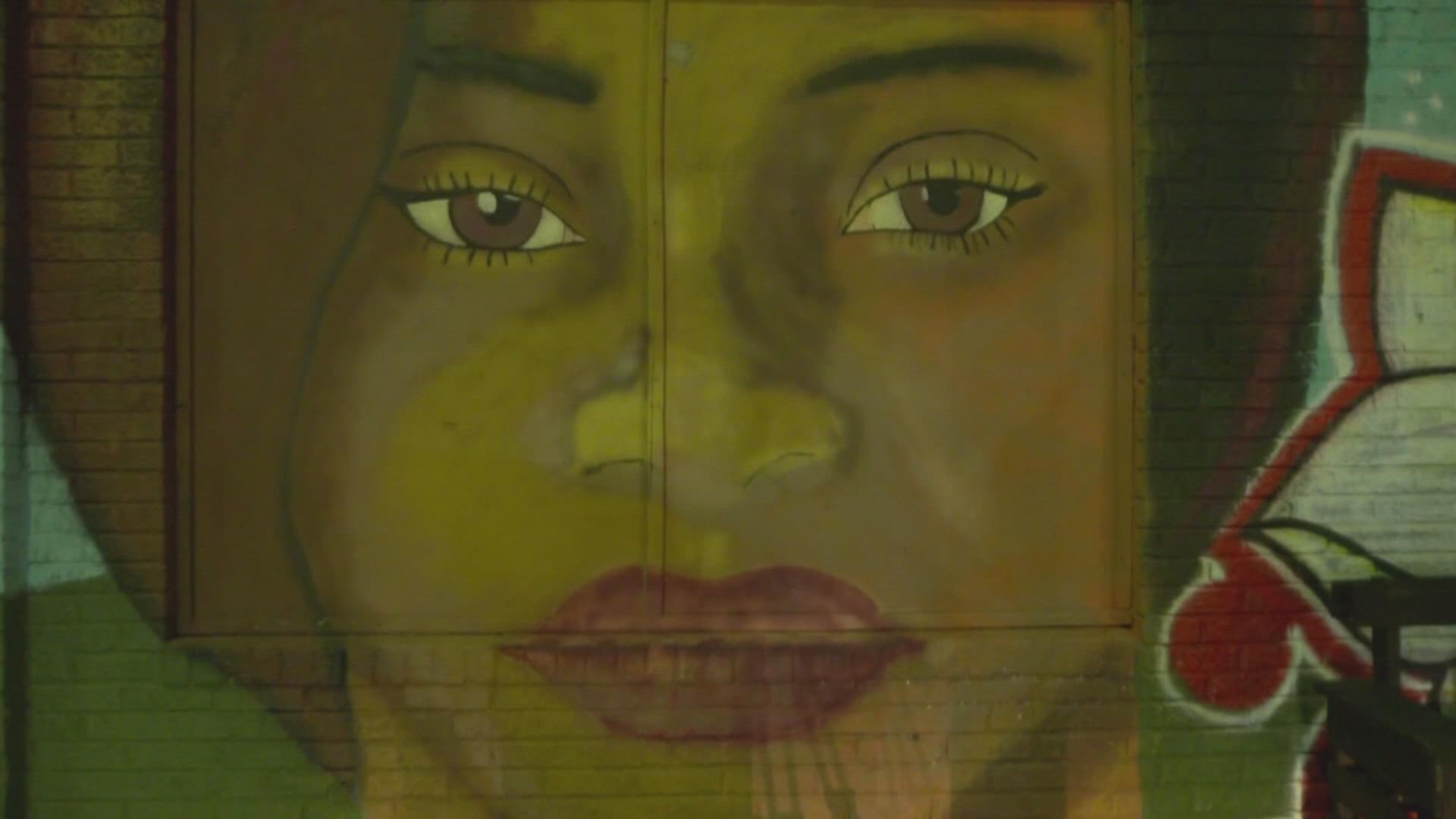FORT WORTH, Texas — There were no celebrations after a jury sentenced former Fort Worth police officer Aaron Dean to 11 years, 10 months and 12 days in prison, signifying the date he shot and killed Atatiana Jefferson on Oct. 12, 2019.
“I want you to go to your cell knowing that her light is only transferred,” Jefferson’s cousin Cerese Fortson said in a victim impact statement.
“Your service as a police officer is a permanent stain on the city of Fort Worth,” her sister Ashley Carr said.
Instead of relief, the sentence announcement was more a moment for reflection.
“Now we can start some type of healing process,” Councilman Chris Nettles said at the courthouse Tuesday. “How that looks, we don’t know yet.”
Nettles said the city was at the edge of unrest before the sentence. Other community leaders have echoed that the sentence alone doesn’t constitute progress.
“The tension predates Aaron Dean,” Dr. Michael Bell, the senior pastor at Greater St. Stephen First Church said Wednesday.
Bell has been part of efforts to help ease that tension for decades. He believes the verdict isn’t the beginning of healing. Instead, it’s a pausing the growing frustrations and trust gap between police and underserved communities in the city.
“I don’t think this verdict did anything to alleviate the tension and the acrimony that exists between law enforcement in Fort Worth, and the African American community,” he said. “The rhetoric coming from the city, coming from the police department may be on point but nothing, literally, is done.”
He points to task forces, committees and reports that did little to create change, including the race and culture task force formed after the viral arrest of a Fort Worth mother and a recent report showing city officers repeatedly failed to deescalate interactions with community members.
Last month, Mayor Mattie Parker spoke emotionally about Jefferson’s death at a city meeting on a police oversight board, a recommendation from the city’s race and culture task force.
“I don’t think Atatiana would’ve died the way she did in my neighborhood,” Parker said. “And that’s a tough thing to say in my city.”
Parker voted against the board, though, which was defeated 5-4 after years of discussion and being proposed by the city’s police monitor Kim Neal, who left the city this month.
“We’re still fighting the same battles. We’re still engaged in the same struggles,” Bell said. “How do we get to healing? I have no earthly idea. And I don’t know there’s a will.”
The city waited more than three years for a trial and a resolution.
“This has been a cloud over the city of Fort Worth ever since October 12 happened,” Nettles said Tuesday.
Healing may be far off in Bell’s mind, but now there’s hope it can still happen.
“I have to believe that things can get better,” he said. “I have to believe that.”

